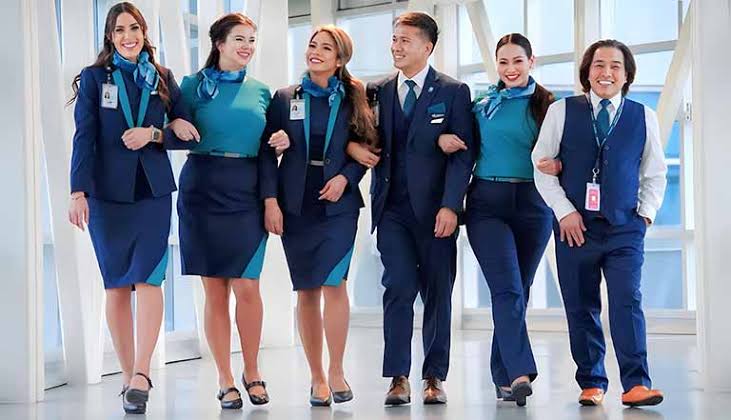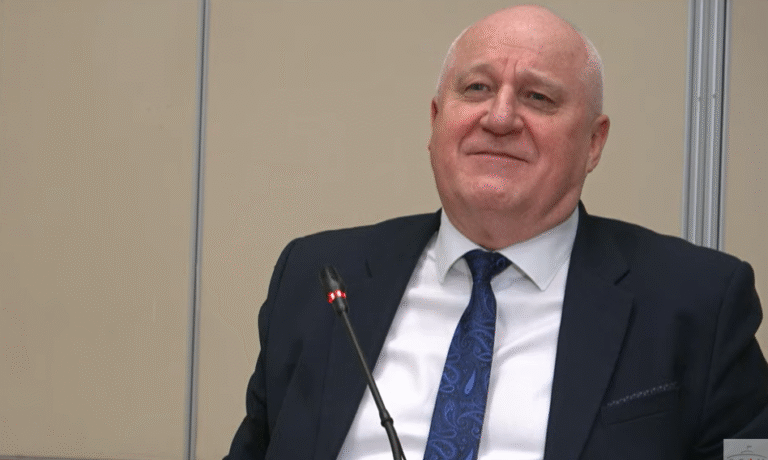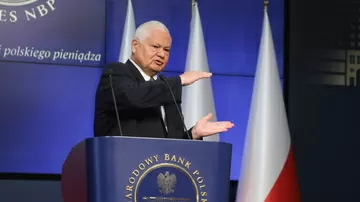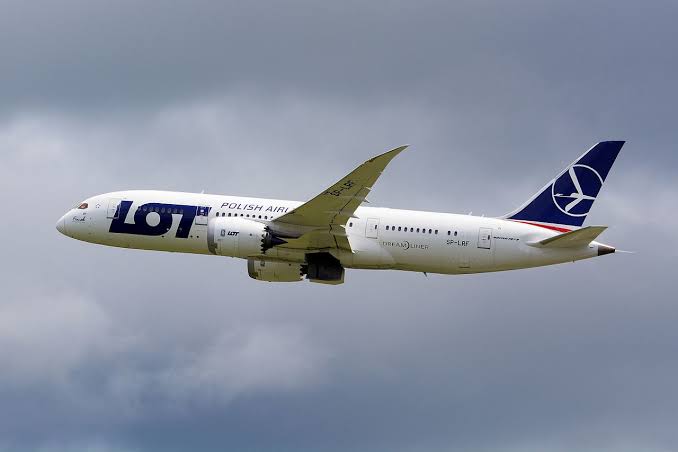WestJet Airlines Fires 50 Flight Attendants Over Unruly Behavior
WestJet Airlines Terminates 50 Flight Attendants Amid Allegations of Unruly Behavior
In a move that has sent ripples through the aviation industry, WestJet Airlines recently announced the termination of 50 flight attendants due to allegations of unruly behavior. This unprecedented action has raised questions about the internal dynamics of the airline, the standards of conduct expected from cabin crew, and the broader implications for airline operations and passenger safety.
Background of the Incident
The decision to terminate such a significant number of flight attendants stems from a series of reported incidents that have accumulated over recent months. While specific details about individual cases remain confidential due to privacy concerns, sources within the airline indicate that the behaviors in question ranged from breaches of company protocols to interactions that compromised passenger comfort and safety.
WestJet’s Official Statement
In an official press release, WestJet stated, “The safety and well-being of our passengers are paramount. We hold our employees to the highest standards of professionalism and conduct. After thorough investigations, we have made the difficult decision to terminate 50 flight attendants whose actions were inconsistent with our values and commitment to exceptional service.”
Industry Context
While the scale of WestJet’s recent terminations is notable, it’s not the first time an airline has taken such measures. For instance, in 2022, American Airlines faced challenges with its reserve system, leading to the termination of several flight attendants who failed to meet their on-call obligations. This highlights the broader industry challenges in managing large cabin crews and ensuring consistent adherence to protocols.
Reactions from the Aviation Community
The aviation community has been abuzz with discussions regarding WestJet’s decision. Industry analysts note that while the terminations may temporarily strain operations, they underscore the airline’s commitment to maintaining high standards. A senior aviation consultant commented, “Such decisive action, though challenging, reinforces the importance of crew professionalism in ensuring passenger trust and safety.”
Union and Employee Responses
Employee unions have expressed concern over the mass terminations. The Flight Attendants Association released a statement emphasizing the need for due process and support systems for cabin crew. “While we do not condone unprofessional behavior, it’s crucial that flight attendants are provided with adequate training, support, and a fair investigation process,” the statement read.
Implications for Passengers
For passengers, this development may raise concerns about flight operations and safety. However, WestJet has assured the public that contingency plans are in place to ensure uninterrupted service. The airline emphasized its ongoing commitment to passenger safety and comfort, stating that new recruitment drives and training programs are being expedited to fill the vacancies.
Historical Perspective on Crew Behavior
Incidents involving crew behavior are not entirely new in the aviation sector. There have been instances where crew actions have come under scrutiny, leading to policy overhauls and training enhancements. For example, a notable incident involved a flight attendant’s behavior leading to public outcry and subsequent legal actions. Such events have historically prompted airlines to re-evaluate their training programs and employee support systems.
Training and Support Systems
The recent terminations have sparked discussions about the adequacy of training and support systems for flight attendants. Industry experts suggest that continuous training, mental health support, and clear communication channels are vital in preventing such incidents. An aviation psychologist noted, “Flight attendants operate in high-stress environments. Regular training combined with mental health support can significantly reduce the likelihood of unprofessional behavior.”
Passenger Experiences and Feedback
In the wake of the terminations, some passengers have come forward sharing their experiences. While many commend WestJet for upholding high standards, others express concerns about potential understaffing. A frequent flyer remarked, “I appreciate the airline’s commitment to safety and professionalism. However, I hope this doesn’t lead to service disruptions or overworked staff.”
Future Outlook for WestJet
Looking ahead, WestJet faces the challenge of rebuilding its cabin crew workforce while maintaining operational efficiency. The airline has announced accelerated recruitment drives and enhanced training modules focusing on professionalism and passenger interaction. Additionally, WestJet plans to implement more robust support systems for its staff to ensure well-being and job satisfaction.
Conclusion
The termination of 50 flight attendants by WestJet Airlines serves as a significant reminder of the challenges airlines face in maintaining high standards of conduct and service. While the immediate implications may pose operational challenges, the long-term commitment to safety, professionalism, and passenger satisfaction remains the cornerstone of the airline’s values. As WestJet navigates this turbulent phase, the broader aviation community watches closely, underscoring the importance of continuous training, support, and adherence to ethical standards in the industry.






